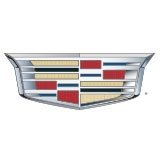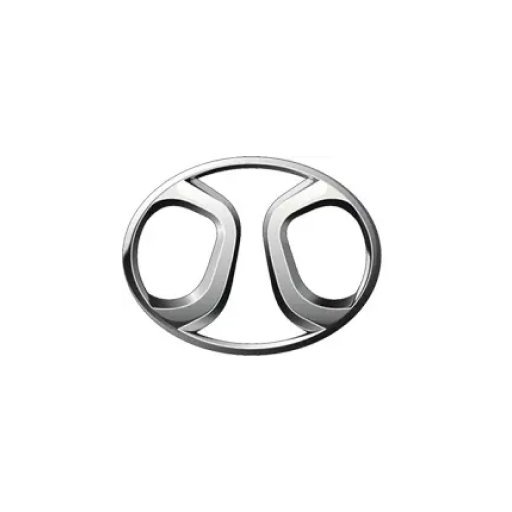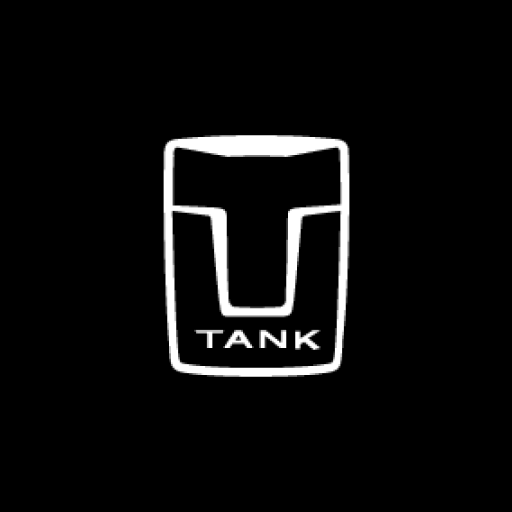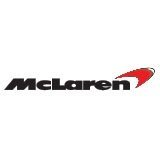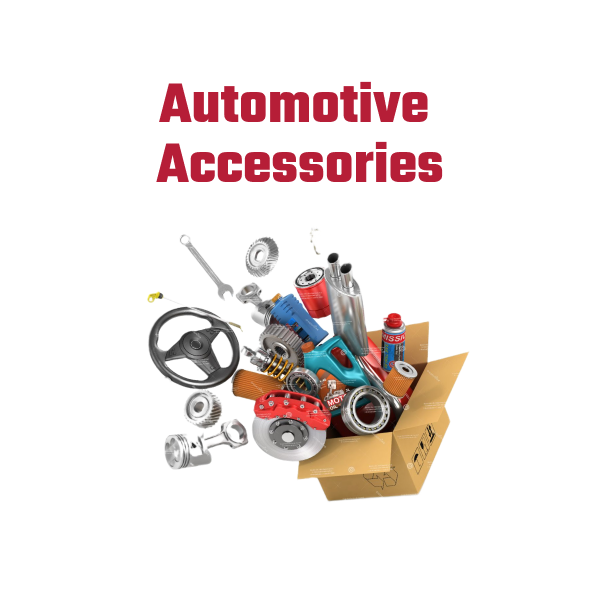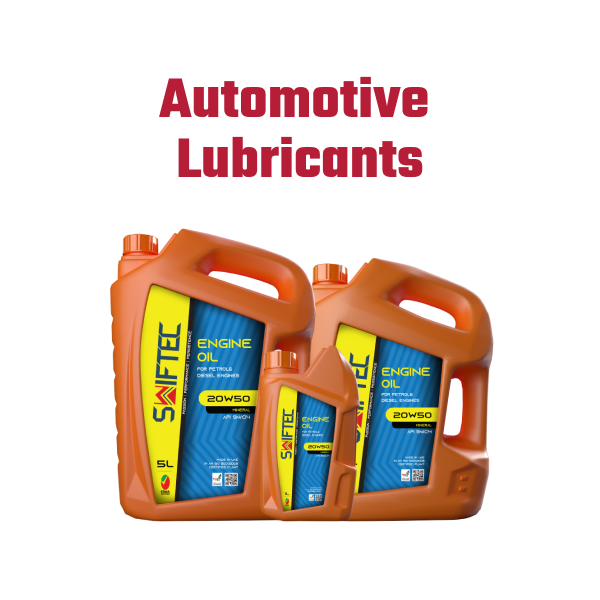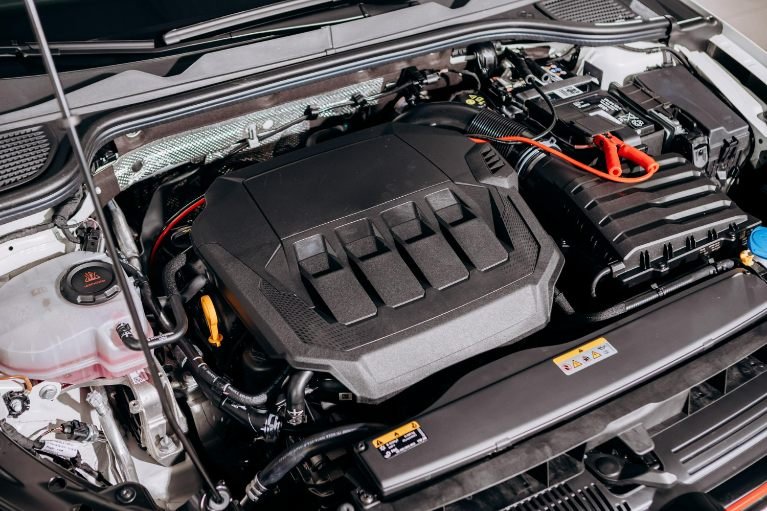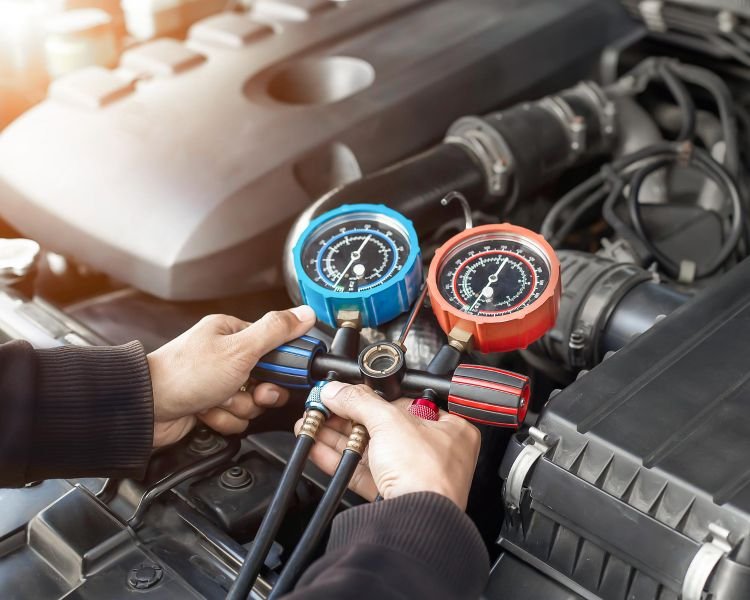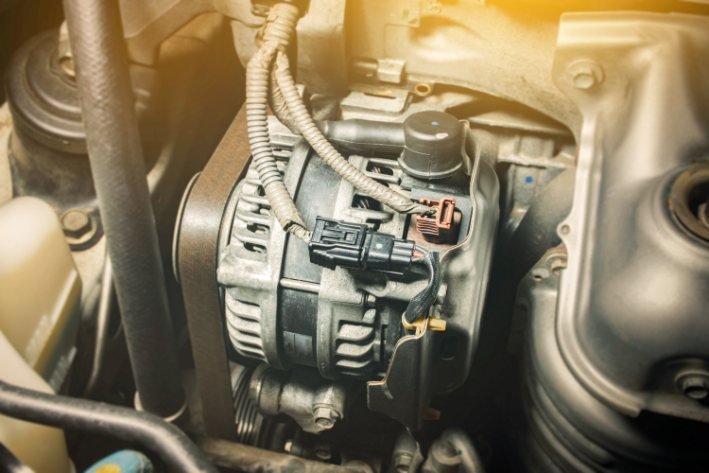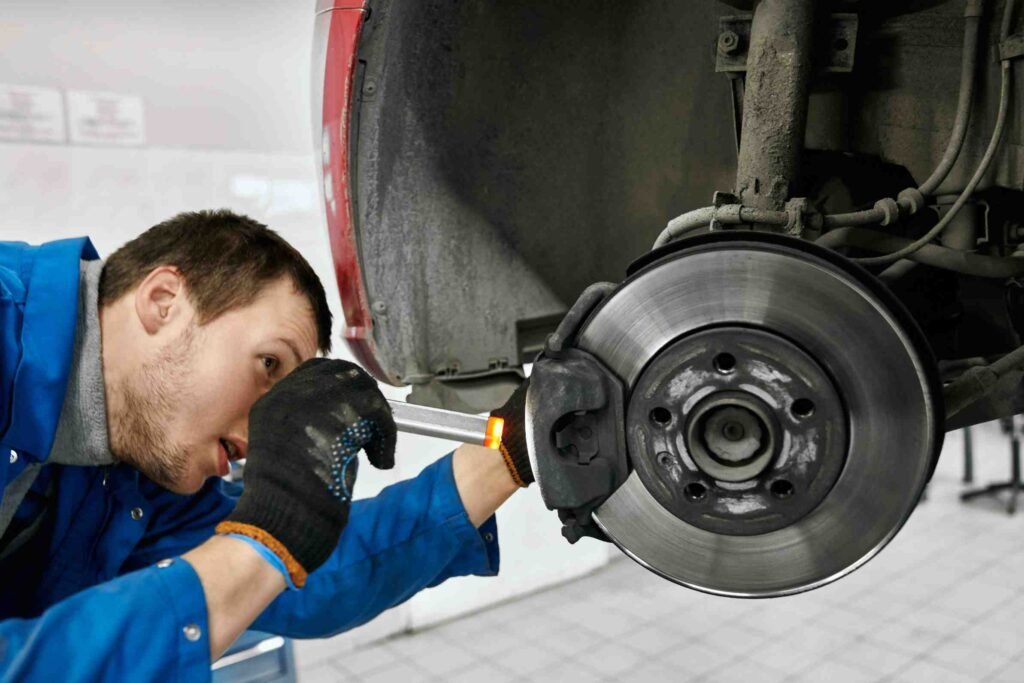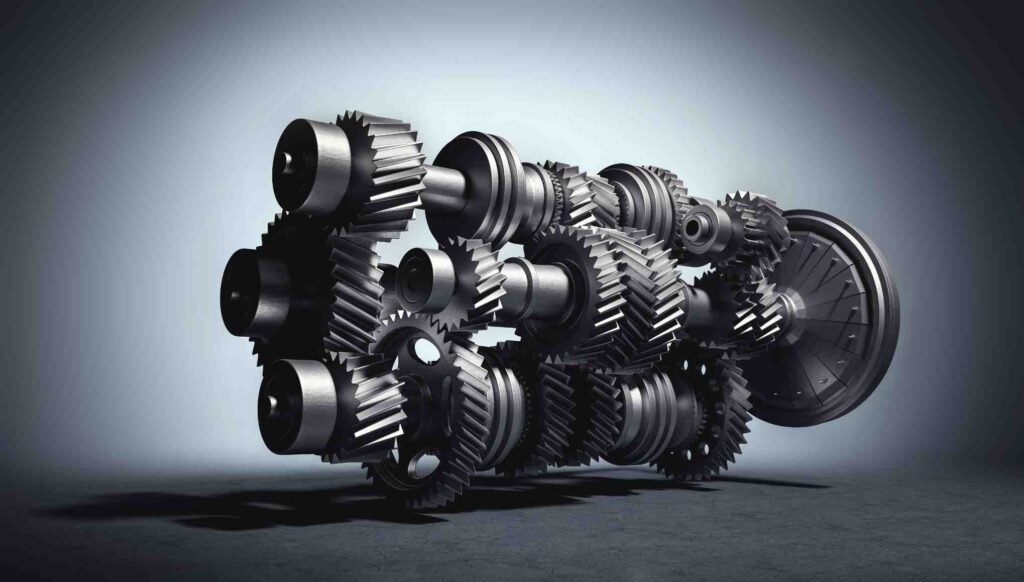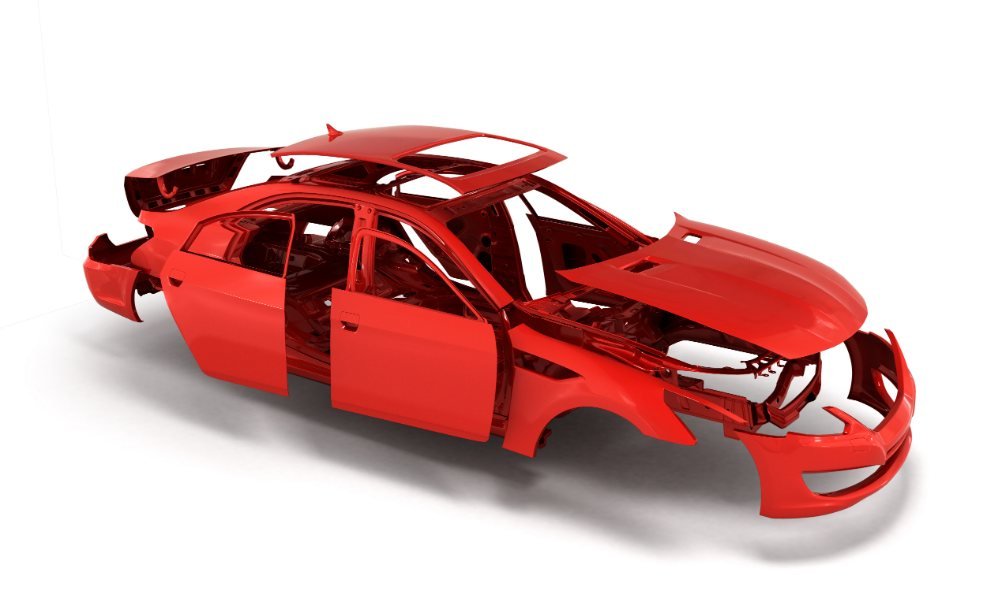Unleash Your Honda's Power: Optimize Performance with a Genuine Honda Catalytic Converter
- Home
- Ford Spare Parts
- Catalytic Converter

Ford Catalytic Converter
Welcome to our dedicated landing page for Ford catalytic converters.
As a proud Ford owner, you understand the power and reliability that comes with driving a Ford vehicle.
To ensure your Ford continues to deliver exceptional performance while minimizing its impact on the environment, investing in a genuine Ford catalytic converter is crucial.
Let’s explore the outstanding features and benefits that make a Ford catalytic converter the perfect choice for your vehicle.
- Genuine
Ford Catalytic Converter
- Aftermarket
Brands: Evan Fischer, Magnaflow, Walker, etc.
Ford: Power and Innovation
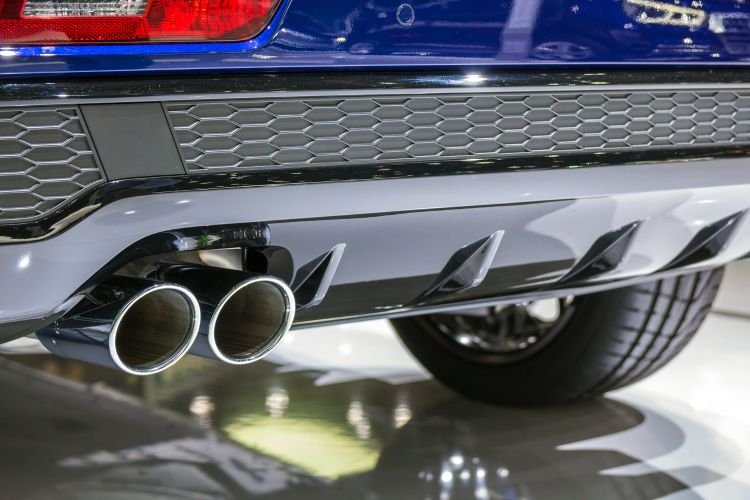
Ford vehicles have long been synonymous with power, innovation, and cutting-edge technology.
Whether you’re driving a compact car, a versatile SUV, or a rugged pickup truck, your Ford deserves a catalytic converter that matches its exceptional qualities.
A genuine Ford catalytic converter is specifically designed to meet the exact specifications of your vehicle, ensuring seamless integration into your exhaust system and preserving the performance you expect from your Ford.
The Science Behind Ford's Catalytic Converter
At the heart of a Ford catalytic converter lies an advanced ceramic honeycomb structure coated with precious metals, including platinum, palladium, and rhodium. This precisely engineered design maximizes the contact area between the exhaust gases and the catalyst metals, facilitating efficient conversion of harmful pollutants.
A Ford catalytic converter comprises two primary catalysts:
- Reduction Catalyst: The reduction catalyst employs a process known as reduction to combat nitrogen oxide pollution by removing oxygen from the exhaust gases. By transforming harmful nitrogen oxides into harmless nitrogen and oxygen gases, the reduction catalyst significantly reduces their impact on the environment.
- Oxidation Catalyst: The oxidation catalyst plays a vital role in converting carbon monoxide into carbon dioxide by introducing oxygen. This oxidation process further enhances the converter’s ability to purify exhaust gases, ensuring cleaner emissions.
To optimize the performance of the catalytic converter, modern Ford vehicles are equipped with advanced oxygen sensors. These sensors continuously monitor the oxygen levels in the exhaust gases, enabling real-time adjustments to the air-to-fuel ratio. By maintaining the ideal balance, the Ford catalytic converter operates at peak efficiency, delivering superior performance and reduced emissions.
Recognizing the Signs: When to Replace Your Ford Catalytic Converter
Over time, a catalytic converter may exhibit signs of wear and deterioration, indicating the need for replacement. Here are some common symptoms to watch out for:
- Decreased Fuel Efficiency: A clogged or failing catalytic converter can restrict the exhaust flow, resulting in increased fuel consumption and reduced mileage. If you notice a significant drop in fuel efficiency, it may be an indication that your Ford catalytic converter requires attention.
- Unpleasant Odors: Internal damage to the catalytic converter can impact its ability to effectively convert exhaust gases, leading to the emission of unpleasant odors from the exhaust system.
- Starting Issues: A clogged catalytic converter can impede the proper flow of exhaust gases, causing increased pressure in the engine. This can make starting your Ford’s engine difficult, resulting in issues like sputtering or stalling.
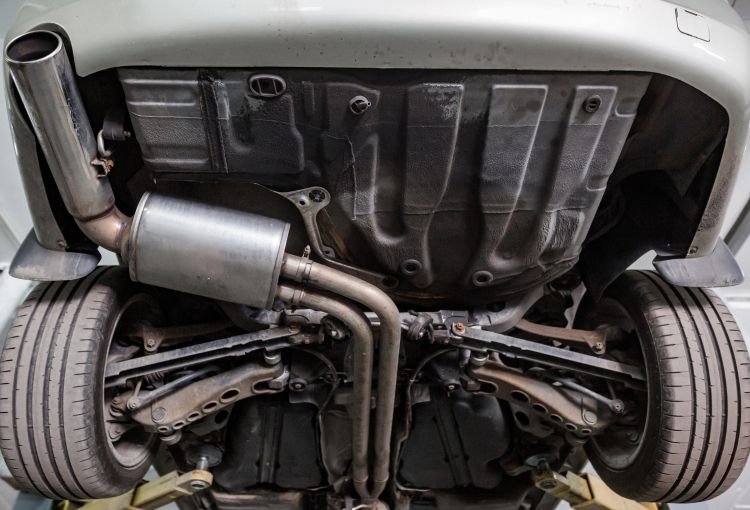
Impaired Acceleration: Restricted exhaust flow due to a blocked converter can hamper acceleration performance. You may experience difficulty when trying to accelerate, with instances of stalling or jerking.
To prevent the need for catalytic converter repairs or replacements, it’s important to maintain the overall health of your exhaust, emissions, and combustion systems.
Preserving the Lifespan of Your Jeep Catalytic Converter
Follow these guidelines to extend the lifespan of your Ford catalytic converter:
- Use Quality Fuel and Lubricants: Stick to high-quality fuels and lubricants recommended by Ford to ensure optimal performance and minimize the risk of converter damage.
- Proper Maintenance: Adhere to Ford’s recommended service intervals and ensure your engine is running smoothly. Regular maintenance, including tune-ups and inspections, can help identify potential issues before they escalate and affect the catalytic converter.
- Avoid Impact Damage: Be cautious when driving over uneven surfaces or rocky terrain to prevent damage to the catalytic converter. The converter’s integrity plays a crucial role in its functionality and longevity.
- Mindful Towing: If you frequently tow heavy loads, adhere to Ford’s towing guidelines and avoid overloading your vehicle. Excessive heat generated by overloading can strain the catalytic converter and potentially lead to damage.
- Water Protection: Steer clear of driving through deep water or puddles, as water can cool down the converter rapidly, increasing the risk of catalyst breakage.
By following these preventive measures and providing regular care, your Jeep catalytic converter can last for many years, optimizing your vehicle’s performance and reducing its environmental impact.
In the event of significant damage, it may be necessary to repair or replace the catalytic converter to restore your Jeep’s efficiency.
Experience the full potential of your Jeep’s capabilities while contributing to a cleaner environment. Choose a genuine Jeep catalytic converter to unleash the power of your Jeep and enjoy unparalleled adventures on and off the road.
Take action today and upgrade your Jeep with a catalytic converter designed specifically for your vehicle.
Areas we Serve
We provide Auto Parts Delivery in all over Dubai and also across UAE. Few of the areas are mentioned below





















